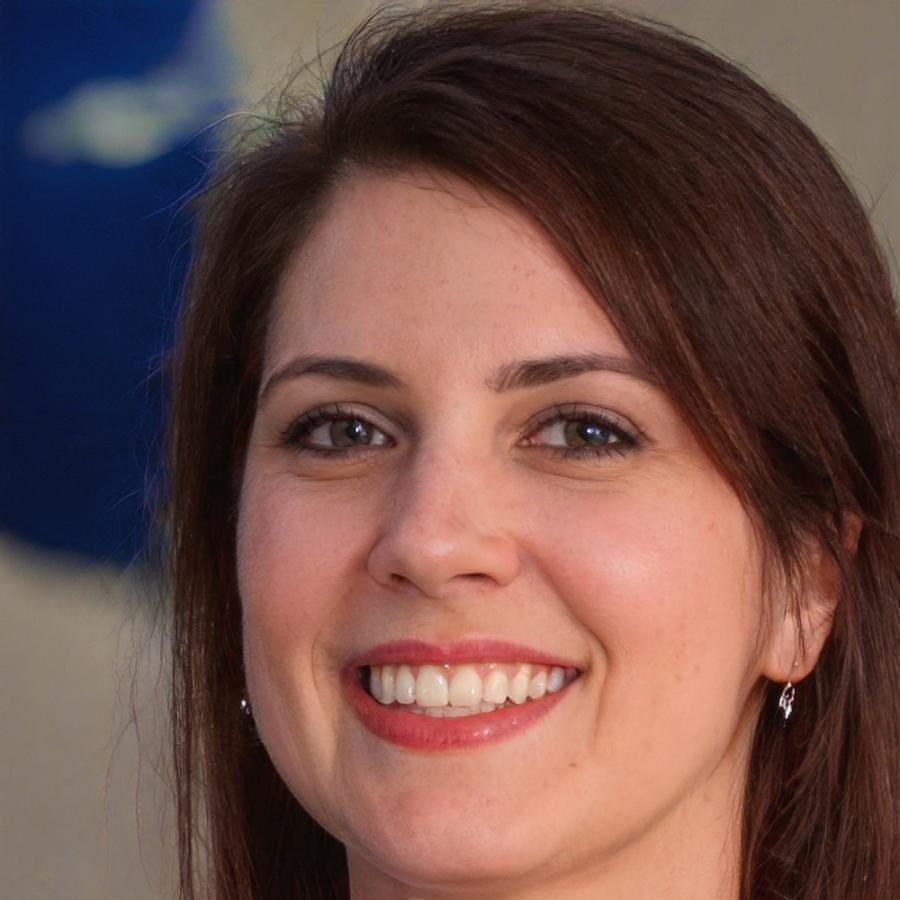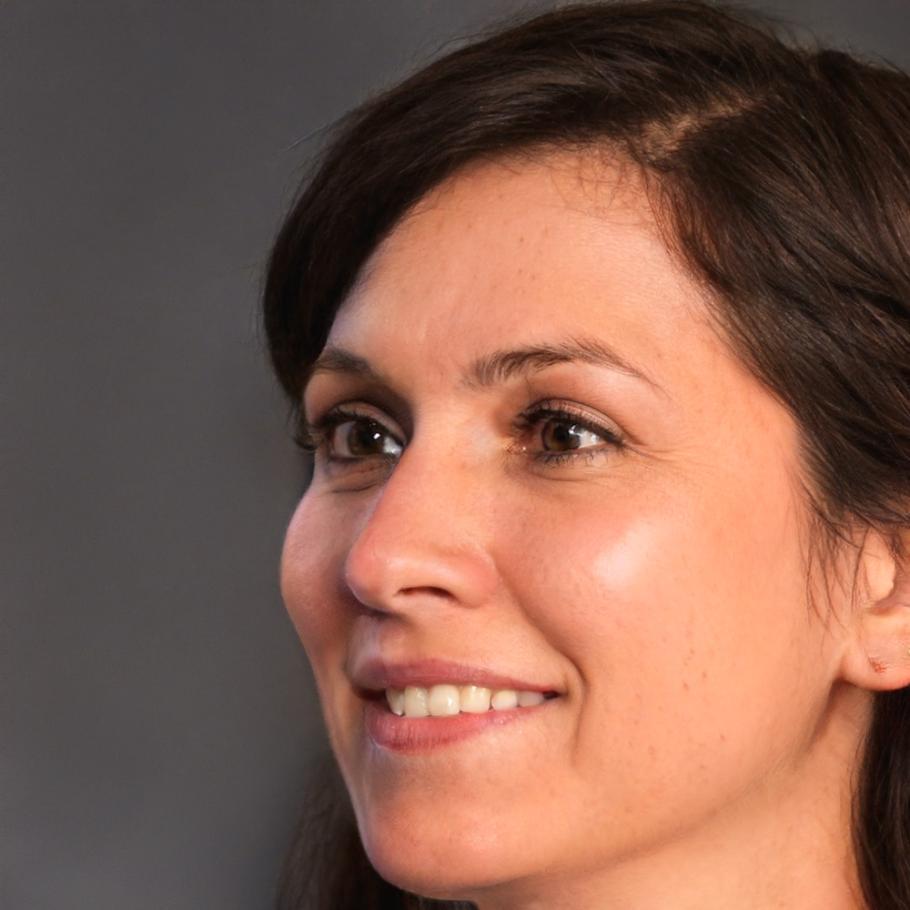Build Your Financial Future Through Practical Business Skills
Our nine-month program starts September 2025 and focuses on the real challenges you'll face when running your own business. Not theory from textbooks—actual scenarios from people who've been there.
Apply for September Intake
Learn From People Who've Done It
Each instructor brings years of hands-on experience from building and running their own ventures. They've made mistakes, recovered from setbacks, and figured out what actually works in Australian markets.

Henrik Solberg
Financial Strategy
Started three retail businesses before moving into consulting. Now teaches cash flow management based on what he wished he'd known earlier.

Maeve Donovan
Market Development
Spent twelve years scaling a service business from one location to eight. She'll share the pricing mistakes that cost her dearly—and how to avoid them.

Callum Fitzpatrick
Operations & Systems
Turned around two struggling businesses by redesigning their workflows. His approach focuses on building systems that don't fall apart when you take a holiday.

Siobhan Rafferty
Customer Relations
Built her reputation on understanding why customers stay or leave. She teaches the communication patterns that create loyal clients rather than one-time buyers.
What You'll Actually Work On
We've designed this around the most common pain points we see in new business owners. Each module tackles something specific that tends to trip people up in their first few years.
Financial Foundations That Make Sense
Understanding where money goes in a business is trickier than it looks. We'll break down budgeting, forecasting, and reading financial statements without the accounting jargon that confuses everyone.
Finding Your Market Position
Who are you selling to, and why should they care? This module helps you figure out your actual competitive advantage—not what you hope it is, but what customers value.
Building Systems That Scale
Most businesses hit a ceiling because the owner is doing everything. We'll show you how to document processes, train others, and create operations that don't depend on you being there constantly.
Sales Without the Sleaze
Many entrepreneurs hate selling because they think it means being pushy. You'll learn approaches that feel natural and build relationships rather than burning them.
Managing Growth Sensibly
Growing too fast can kill a business just as surely as not growing at all. This section covers how to pace expansion, when to invest in equipment or staff, and spotting warning signs early.
How We Structure the Learning
This isn't a lecture series where you sit and take notes. Each session combines instruction with group problem-solving, so you're applying concepts immediately alongside other participants.
Case Studies from Real Businesses
Every few weeks we bring in an actual business scenario—sometimes successful, sometimes not—and work through what happened and why. You'll see patterns emerge that help you make better decisions in your own venture.
Peer Review Sessions
Your cohort becomes a sounding board for ideas and challenges. These structured feedback sessions teach you to evaluate business concepts critically and give you different perspectives on your own plans.
Monthly Expert Roundtables
We invite guest business owners who've dealt with specific challenges—like navigating supplier negotiations or managing seasonal cash flow. These aren't polished presentations; they're candid discussions about what worked and what didn't.
Progress Check-ins
Twice throughout the program, you'll meet one-on-one with an instructor to assess where you are and adjust your focus if needed. Sometimes your business direction changes, and that's fine—we adapt with you.
Practical Assignments
Between sessions, you'll complete exercises based on your actual business situation or idea. This might mean analyzing your pricing structure, mapping your customer journey, or stress-testing your financial projections.
Network Building
The relationships you form with other participants often prove as valuable as the curriculum itself. Many past cohorts still meet regularly to share advice and refer business to each other.